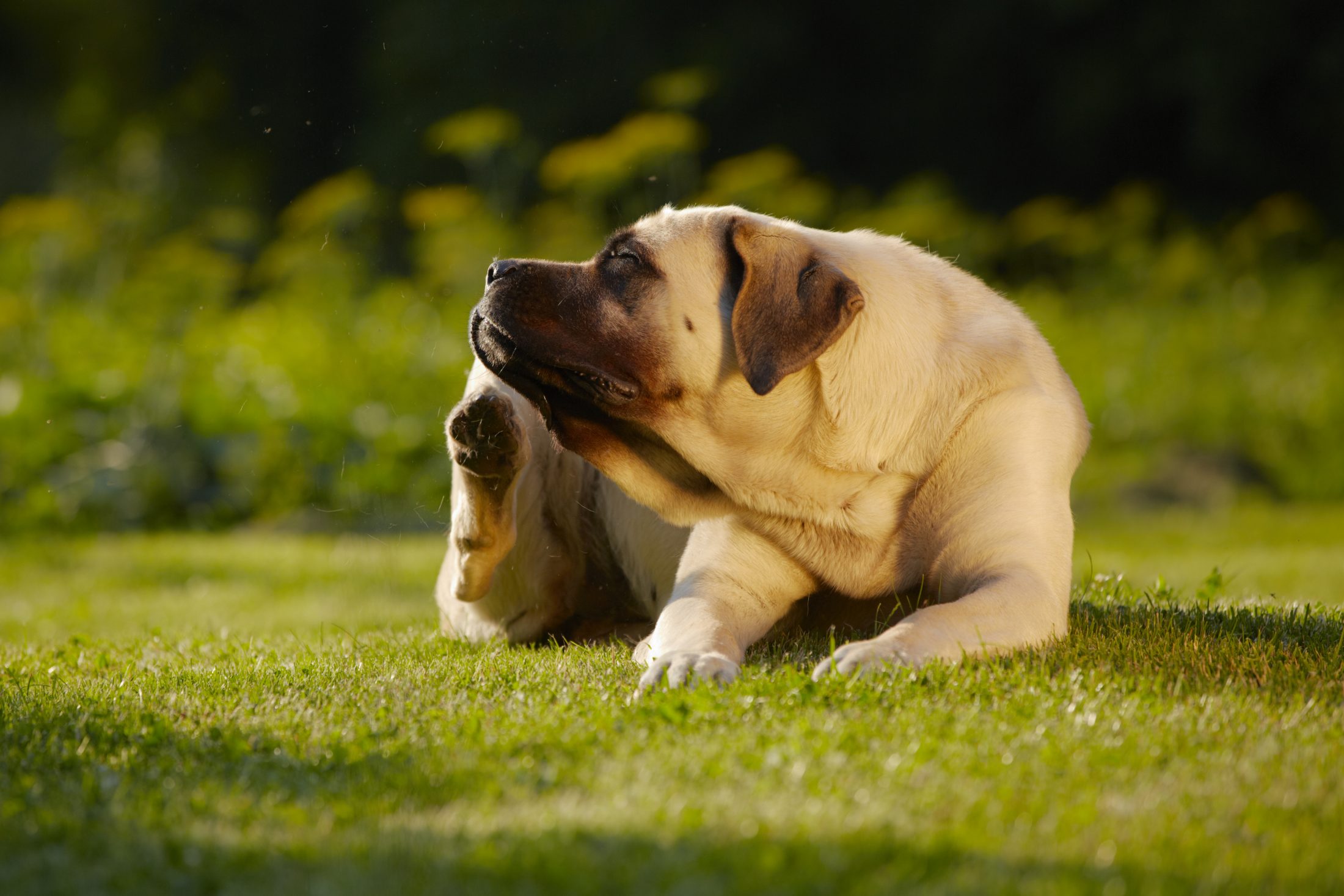 If we told you that there was a disease that could cause kidney and liver failure in your family dog, and that could be found anywhere in the environment that wildlife frequented, wouldn’t you want to know more? Now what if we told you that it could also affect your human family?
If we told you that there was a disease that could cause kidney and liver failure in your family dog, and that could be found anywhere in the environment that wildlife frequented, wouldn’t you want to know more? Now what if we told you that it could also affect your human family?
Unfortunately, this disease is not a made-up plot in a dystopian narrative. It is a relatively common disease known as Leptopsirosis, or ‘lepto’.
Thankfully, leptospirosis in dogs is able to be prevented in many situations through vaccination. True Care Veterinary Hospital wants its pet owners to be aware of this disease and the importance of prevention.
The Facts About Leptospirosis in Dogs
Leptospirosis is caused by a spiral-shaped bacterial organism that resides in the urine of infected animals. These animals may be other dogs, but can also include wildlife such as raccoons, opossum, or deer.
Leptospirosis likes to live in damp, wet areas such as standing water or puddles. When a pet is exposed to infected urine through the mucous membranes, the leptospira bacteria goes to the liver and kidneys, affecting their function and resulting in serious disease.
Leptospirosis in dogs often results in several symptoms that can include:
- A fever
- Vomiting
- Diarrhea
- Loss of appetite
- Depression
- A painful abdomen
- Yellowing of the skin/mucous membranes
If a leptospirosis infection is not treated, most patients will succumb to the disease. Thankfully, though, if we are able to catch symptoms and diagnose the disease quickly we can often beat lepto with antibiotics and supportive care.
Leptospirosis is also considered a zoonotic disease, or one that can be passed between people and animals. People can become infected with leptospirosis through exposure to wild animal urine in the environment. Many humans, however, do become infected with leptospirosis by exposure to a pet who is shedding the bacteria. This makes it even more important to prevent this disease where able and to detect it as quickly as possible.
A Little Prevention Goes a Long Way
Being proactive can go a long way to preventing leptospirosis in dogs (and people). While not every case is avoidable, risk of infection decreases when you take actions such as:
- Discouraging wildlife on your property
- Eliminating rodent problems
- Getting rid of standing water and puddles, which can harbor disease, on your property
- Do not let your pet drink from standing water
- Bring your own water when enjoying the outdoors with your dog
For most at-risk pets, vaccination against leptospirosis is vital. There are many strains of leptospirosis, called serovars, that exist. We are able to vaccinate against the four most common serovars; however, this does not ensure total immunity. Even though vaccination does not totally eliminate a possible infection, it can reduce the severity of illness and is still very worthwhile.
Leptospirosis can be devastating, and even when treated existing liver and kidney damage is often permanent. Please call today to ask about vaccinating your pet. The less we have to see of this nasty disease, the better.

